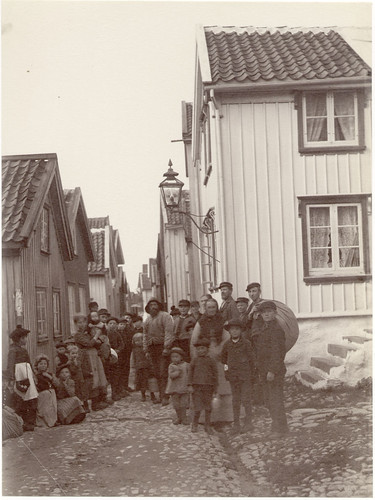The Creative Commons blog writes about 250,000 images recently donated to Wikimedia Commons, a sister project of Wikipedia.
The images, part of the German Photo Collection at Saxony’s State and University Library (SLUB), are being uploaded with corresponding captions and metadata. Afterward, volunteers will link the photos, all available under Germany’s ported CC BY-SA 3.0 license or in the public domain, to personal identification data and relevant Wikipedia articles. The collection depicts scenes from German history and daily life.
As a bonus for the donating library, the metadata supplied by the German Photo Collection will be expanded and annotated by Wikipedia users, and the results will be seeded back into the collection’s database.
The donation marks the first step in a collaboration between SLUB and Wikimedia Germany e.V., the pioneering Wikimedia chapter who faciliated a similar 100,000-image-strong cooperation with the German Federal Archives last December.
![]()
![]()
![]()
This file is licensed under Creative Commons Attribution ShareAlike 3.0 Germany License.

